
SAUNA + COLD PLUNGE
A PLACE TO CONNECT
COMING TO RVA IN 2025
Modern life feels complex and uncertain, leaving us increasingly distracted and stressed.
Technology has allowed for us to connect to more people than ever before, yet the Surgeon General has declared loneliness a national epidemic. Depression and anxiety are on the rise, leaving people increasingly disconnected from themselves and their communities.
This birthed a vision: to create a rejuvenating, community-building sauna experience in Richmond, VA. We are building a sanctuary where people can escape digital overload, reconnect with themselves, and forge genuine bonds with others. In these ancient practices, we see a remedy for our modern ailments—a way to connect, heal, and rediscover what it means to be human.
Pyre will serve as a space to manifest deep connection to ourselves and those around us - a haven of human connection in an increasingly disconnected world. Let’s create a space where we can shed the weight of our screens, step into the warmth of connection, and find our way back to ourselves and each other.
Join us on this journey.


WHAT IS SAUNA BATHING?

Sauna bathing is a traditional practice that originated in Nordic cultures and involves spending time in a heated room, typically at temperatures ranging from 150 to 195 degrees Fahrenheit (65 to 90 degrees Celsius).
A key feature of sauna is the use of heated rocks, onto which water is poured to create steam. This practice, known as “löyly” in Finnish, enhances the heat and humidity, intensifying the sauna experience. Sauna bathing is not just a physical experience; it’s also a social one. Traditionally, saunas are places where people come together, share stories, and bond, creating a sense of community and connection. The ritual of pouring water over the hot rocks, creating bursts of steam, adds a rhythmic and meditative element to the experience.
Sauna is hygiene. Wellness. Mind-body sensation. Ecstasy. Socialization. Meditation. Totally positive addiction. And, a way of life.
-Naomi Moriyama


WHAT IS COLD BATHING?

Cold plunging, or cold water immersion, involves immersing the body in cold water, typically at temperatures below 60 degrees Fahrenheit (15 degrees Celsius).
This practice is often used in conjunction with sauna bathing to create a contrast therapy that alternates between hot and cold temperatures. Similarly, cold plunging is more than just a physical activity; it’s a communal practice. It often involves rituals and traditions that bring people together, fostering a sense of unity and shared experience.
Arthritis, Crohn’s disease, psoriasis, depression - all of those diseases are a result of our neglected biochemistry. We need to be stimulated to help fight disease. Cold is a great stimulator.
-Wim Hof


WHAT ARE THE BENEFITS?

Cold
There is an increasing amound of research showing the incredible benefits of cold exposure.
- Mind
Increased energy and focus, stress relief, mood enhancement, assists with anxiety and depression
- Body
Improves circulation, immune system function, pain relief, reduces inflammation, and enhances metabolism and skin health
- Soul
Builds confidence, resilience, and self-awareness.
Heat
Sweat bathing is integral to cultures around the world as a spiritual and social practice.
- Mind
Neuroprotective, improves cognitive function, reduces stress, bolsters mood, and increases longevity.
- Body
Improves sleep, reduces inflammation, pain and lactic acid, detoxifies body of heavy metals, and fights disease - lowers risk of dementia and Alzheimer’s by over 70%, all cause mortality by 40%.
- Soul
Sweat bathing traditions have been used in spiritual ceremony and social contexts for thousands of years in a variety of cultures.
Community
As humans, we are social beings with an innate, biologically-driven ability to develop and form interpersonal connections. Social connection is as important as food, water, and shelter for humans to thrive and survive.
- Mind
Improves brain health by strengthening neural pathways and stimulating brain activity. Can improve mood, decrease stress and lower risk of dementia, depression and anxiety.
- Body
Lowers blood pressure and reduces inflammation, boosts immune function and reduces risk for chronic disease.
- Soul
Combats loneliness and provides a sense of belonging, safety and security.
